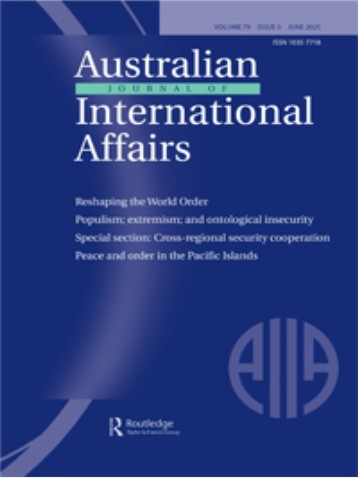
This article explores how two Southeast Asian middle powers, Indonesia and Vietnam, have responded to U.S. and China-led efforts to build coalitional hegemonies in the Indo-Pacific. Through the lens of network analysis, the article argues that while Indonesia and Vietnam have sought to enhance their positions in the coalitional networks that are being established by China and the United States, neither Jakarta nor Hanoi wants to be embedded exclusively in either network. The analysis here contributes to the discussion on middle powers and networks—especially in the context of competing networks—as well as to the existing literature regarding Southeast Asian responses to China-U.S. rivalry.
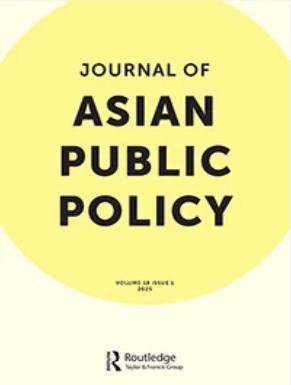
The article investigates humanitarian engagement with Myanmar in the wake of the 2021 coup. It opens by examining humanitarian action in Myanmar before 2010, during the 2010s, and after 2021. Drawing on key stakeholder interviews conducted in 2023, it then presents internal and external perspectives on humanitarianism in Myanmar in the 2020s. The article concludes by proposing that initiatives at the regional and global levels coalesce, overcome actor territoriality and generate political will by putting affected communities at the centre of humanitarian engagement to overcome current limitations and barriers to action.
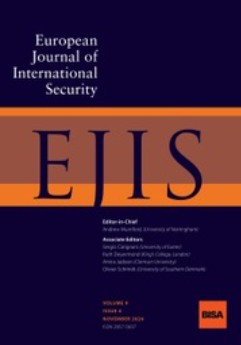
This article explores China’s evolving approach to South–South security cooperation, focusing on its use of the security–development nexus in its relations with Global South countries, particularly in the Mekong region. The central research question is: under what circumstances will China adjust the balance between security and development in its cooperation with the Global South? The study also offers insights into the challenges China faces in managing its dual role as both a development partner and a security actor, with implications for its influence in the Mekong region and beyond.
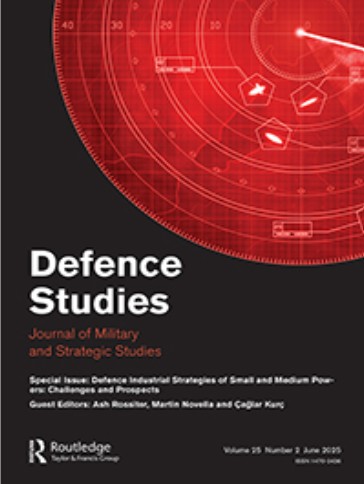
This article pays tribute to Richard A. Bitzinger, one of the most influential voices in defence and strategic studies. It reflects on his pioneering contributions to the study of global defence industries, military transformation, and the strategic implications of emerging technologies. Bitzinger’s work provided profound insights into topics such as technonationalism, the globalisation of arms production, and the Revolution in Military Affairs (RMA). It traces his intellectual journey, highlights his enduring legacy, and honours the mentorship that shaped a generation of scholars and practitioners in defence and security studies.
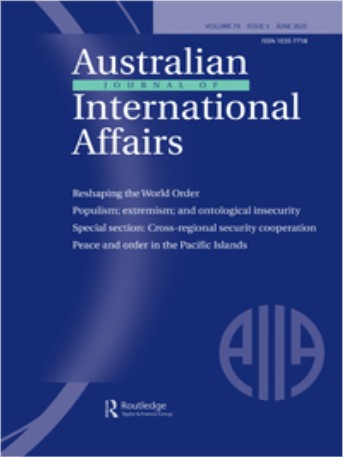
The intensifying nature of great power competition between the USA and China have generated questions over the durability of the current rules-based international order, and whether both powers are building their own respective coalitions based on strategic interests. What is less discussed—but no less important—is how Washington and Beijing narrate their preferred storylines concerning the exclusion of the other to their own domestic audiences, and how these narratives reflect both countries’ pursuit and idealisation of order.



